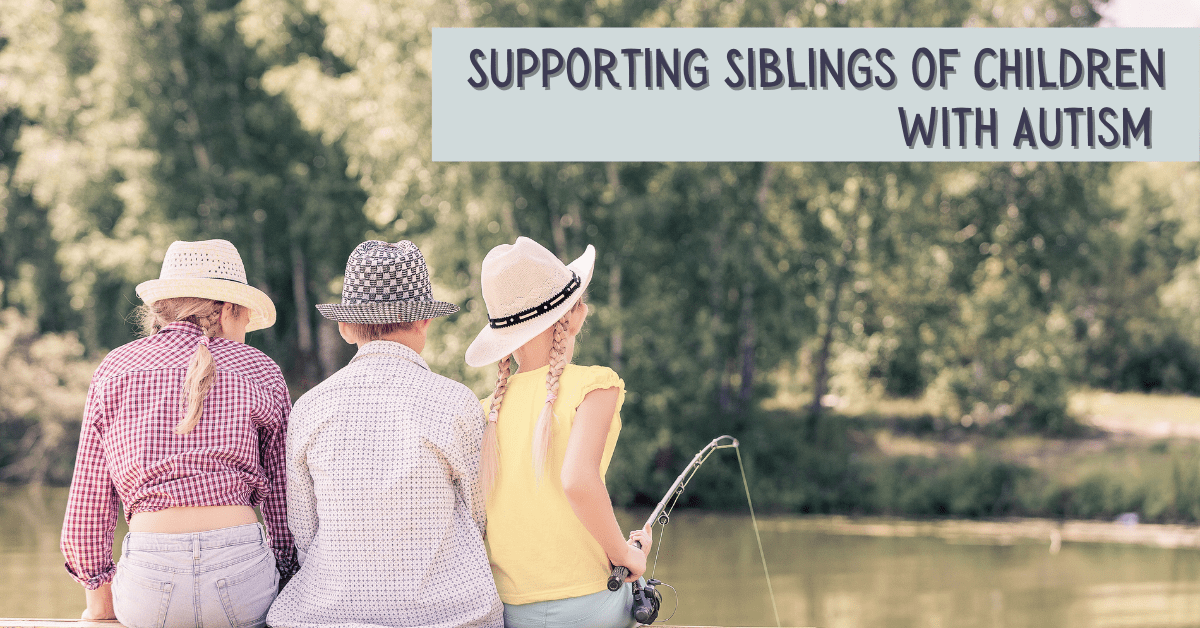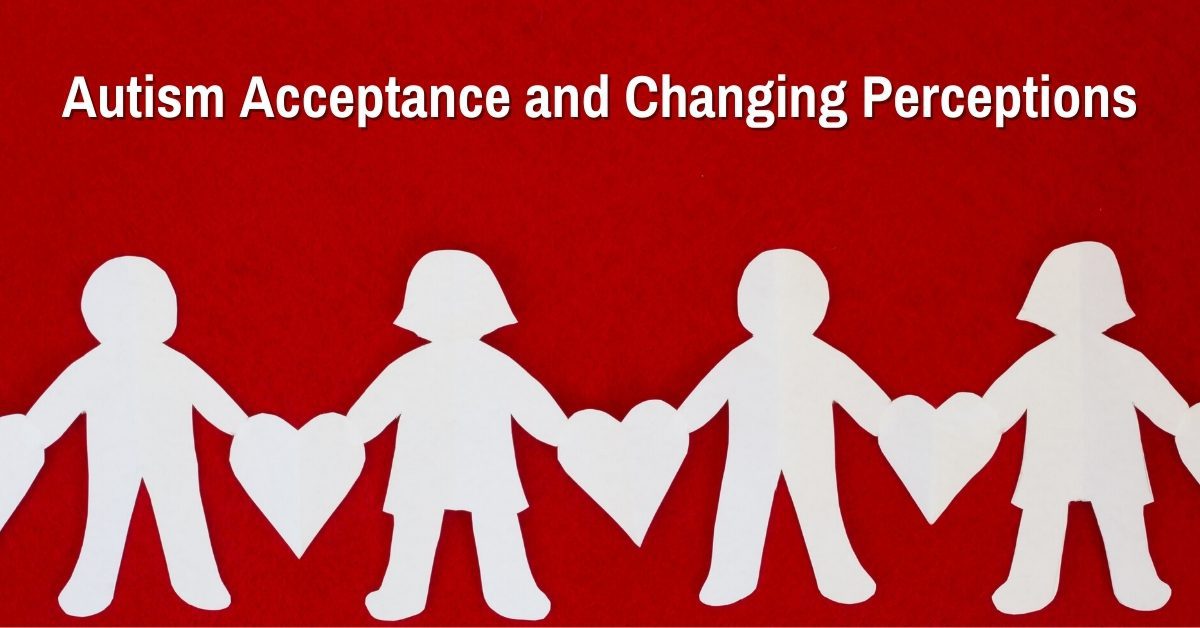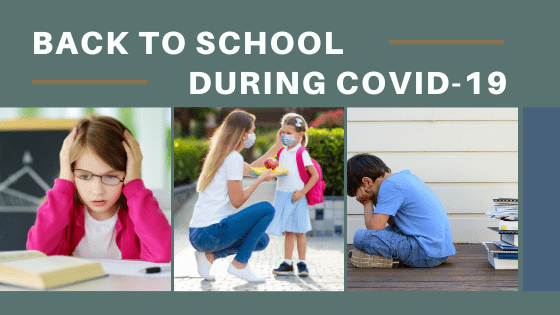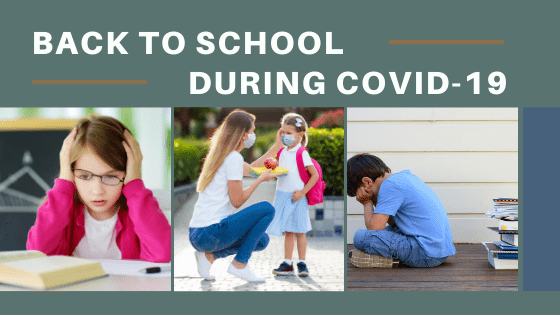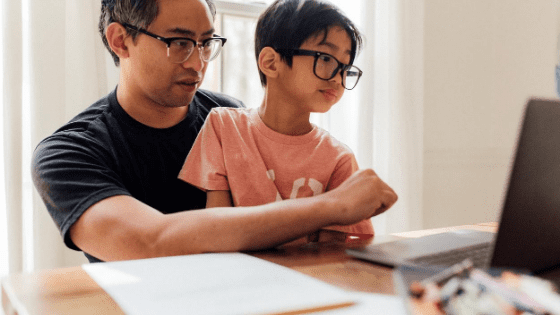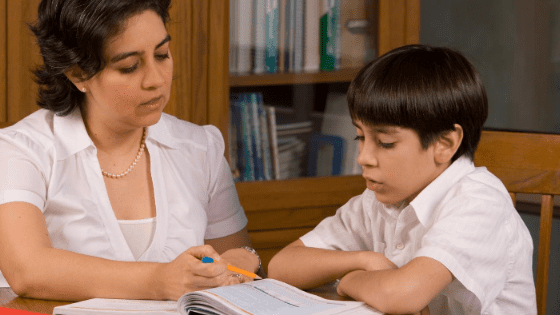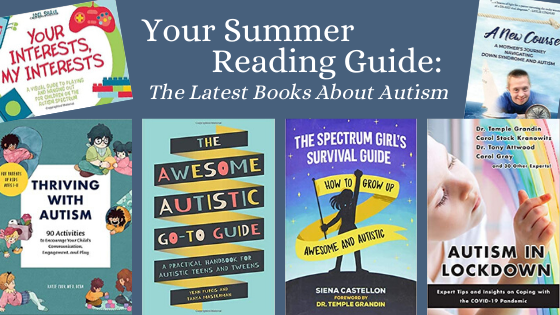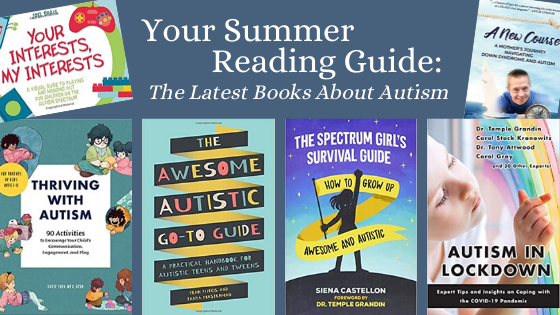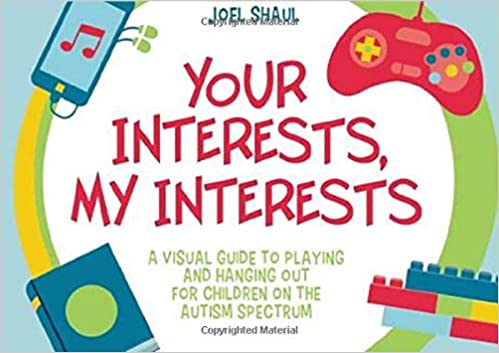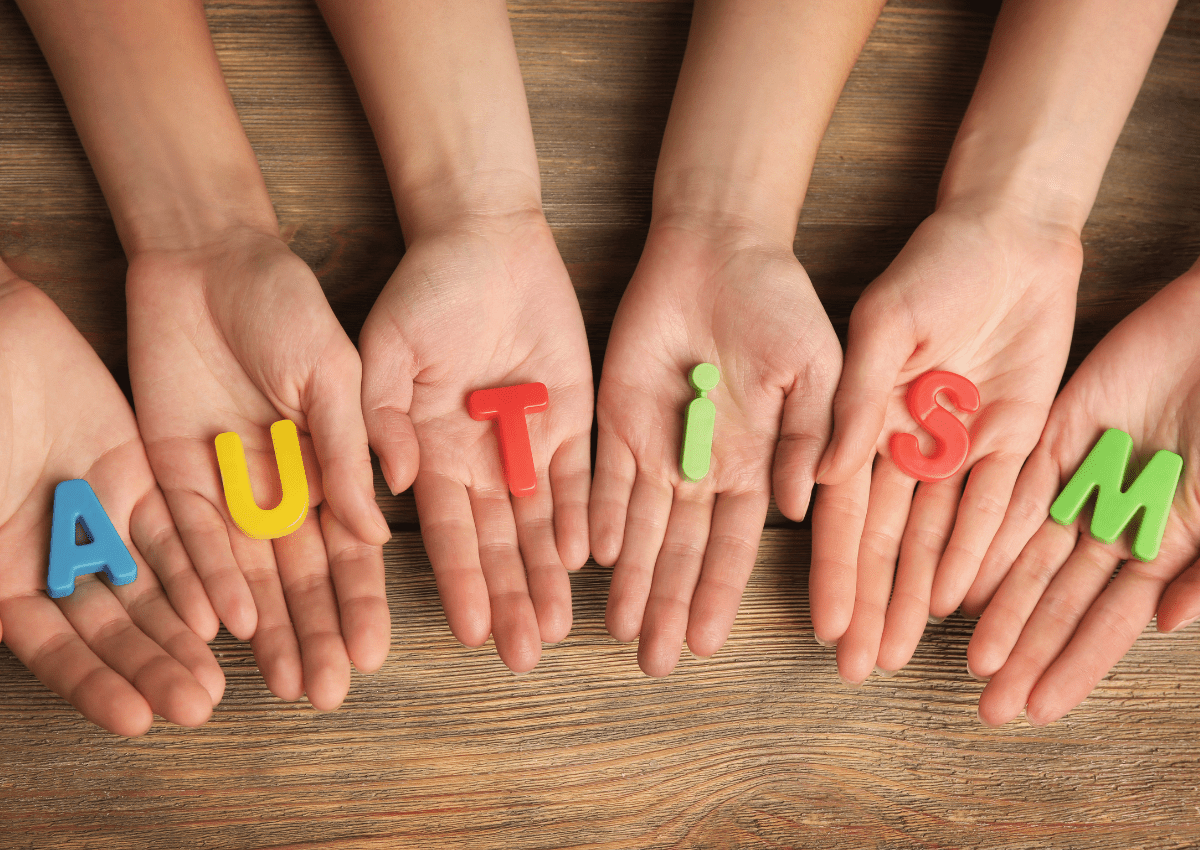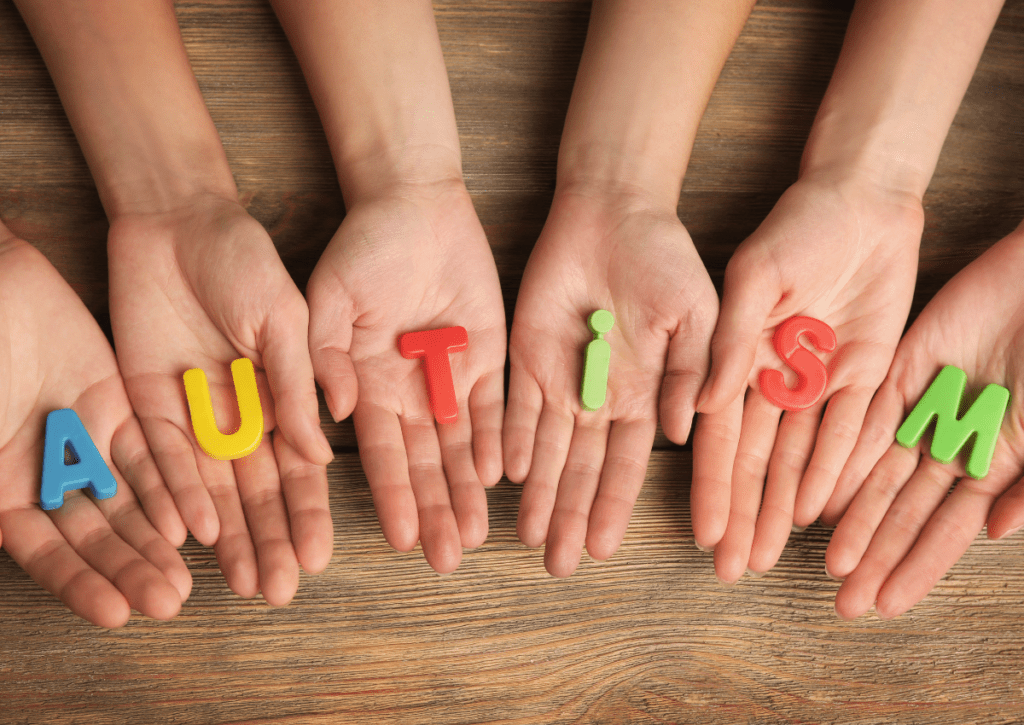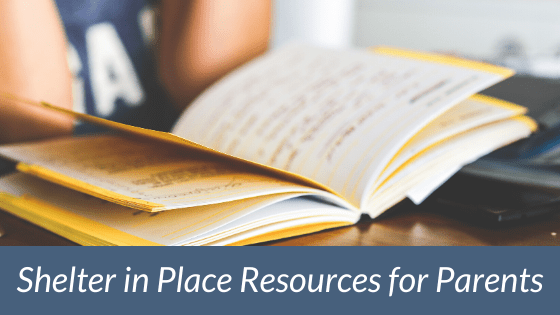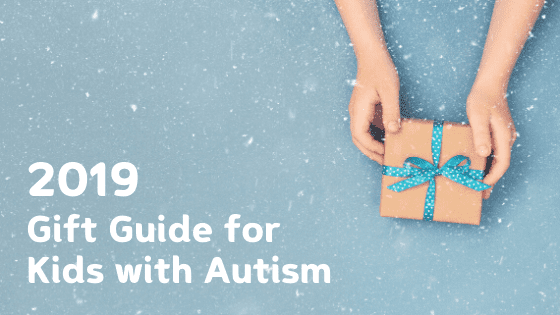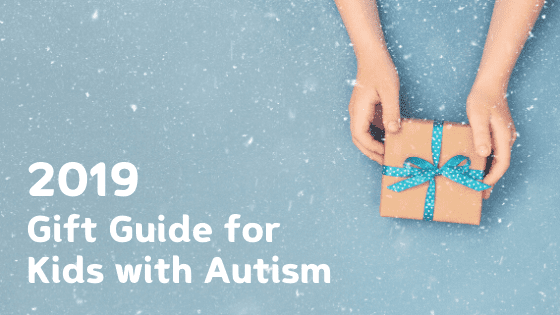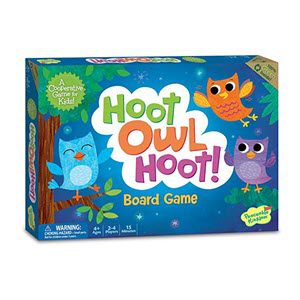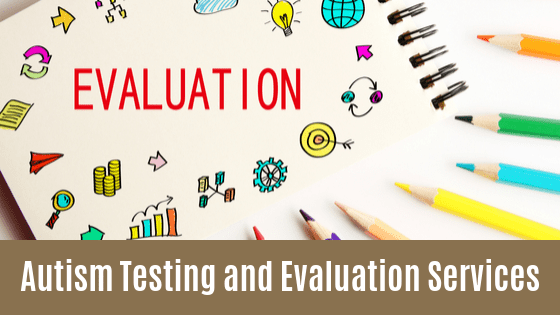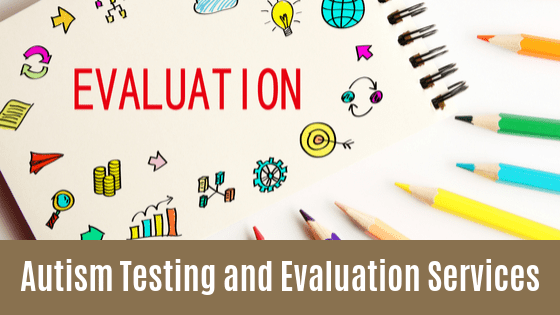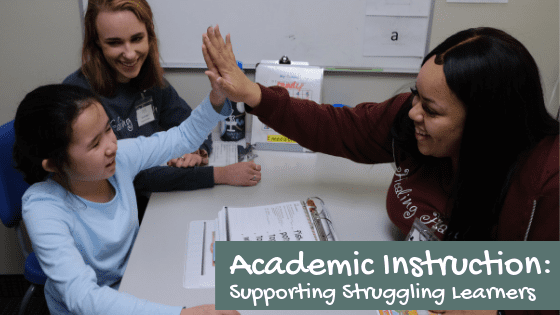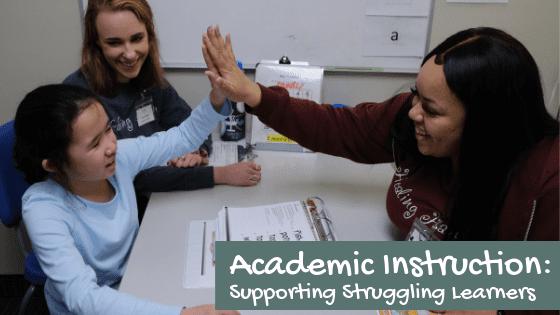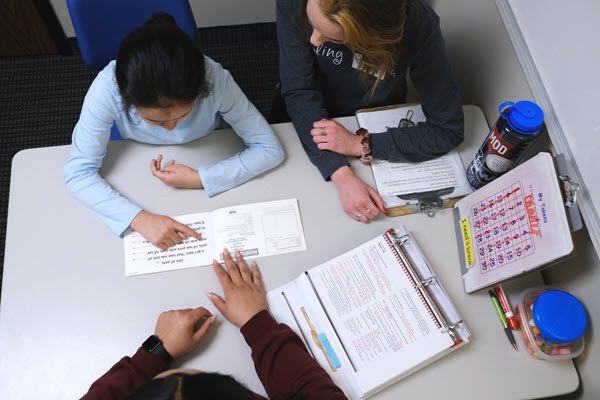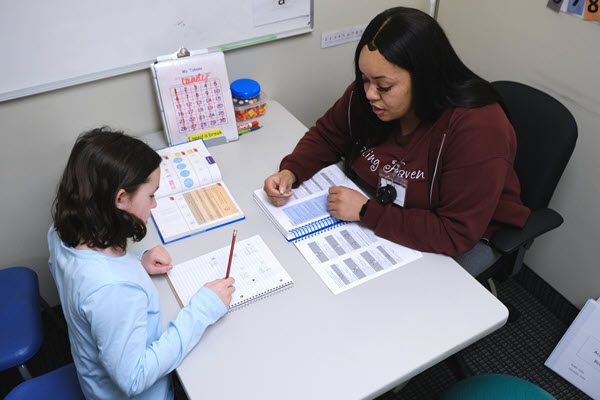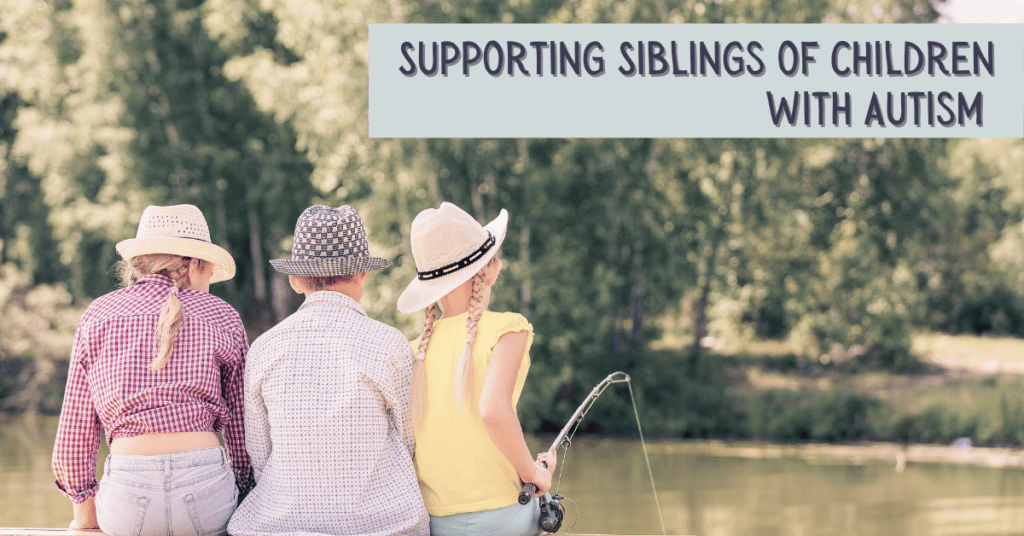
Raising a child with autism affects the whole family in both positive and challenging ways. But so much of your attention as a parent goes to caring for your child with autism, and understandably so. In turn, siblings may struggle with very legitimate challenges that come from having a brother or sister on the spectrum. How do you build relationships with and attend to all your children while still meeting the needs of your child on the spectrum? With some planning and intentional communication, you can manage time spent with each child and tune in to your neurotypical children’s needs as well.
Sibling Stress
According to a 2019 study, siblings of children with autism tend to face more social and emotional struggles than those with neurotypical siblings. Some challenges typically developing siblings may face include:
- Embarrassment around friends or the public when a sibling with autism displays certain behaviors
- Jealousy for attention from parents who are often preoccupied with the child on the spectrum
- Experiencing aggressive behaviors from sibling with autism
- Anxiety from lack of information about a sibling’s disability, as well as responsibility for their sibling
- Wanting to make up for the sibling with autism’s shortcomings to ease their parent’s mind
It’s easy for parents of a child with autism to feel discouraged and maybe even guilty upon learning the difficulties their neurotypical children face. While you are doing the very best you can, there are ways to balance your time and attention for all your children.
Supporting Neurotypical Siblings
Tune In
Recognizing the challenges your typical child may face is crucial to their sense of safety and care. Notice how they may react to difficult moments with their sibling on the spectrum or how they respond to you or your partner when around their sibling. Awareness of behaviors and emotions can open up problem solving possibilities that you may have thought were insurmountable.
Communicate
Talk about autism openly and accurately so your kids understand their sibling. As mentioned earlier, siblings of children with autism can feel anxious if not kept in the loop about everything that’s happening with their brother or sister. Start conversations with your typical children and let them know it’s ok to ask questions or experience difficult feelings. For example, debrief with your typical child after their sibling has a public meltdown. Listen to how they’re feeling and empathize with them, acknowledging the hard moment and how it affected you both. Additionally, keep communication ongoing. Your life with a child with autism is a huge part of your family dynamics so involve all members in honest communication that is appropriate to their age level.
Plan
Spending one-on-one time with your children lays the foundation for that open and ongoing communication. Attention doesn’t have to be constant for all your kids, but make sure it is consistent. One great way to maintain consistency is planning special uninterrupted one-on-one time with your typical kids. Perhaps this looks like a short nightly bedtime activity or getting a treat each weekend. Intentionally setting aside time will help your children feel seen and understood. You can even trade off with your spouse or partner if circumstances allow. Whether you plan the special times together bi-weekly, weekly, or even bi-monthly, the important part is that you’re consistently checking in with your children. It will mean a lot to them, more than you may realize.
Boundaries
You may utilize your child with autism’s siblings to care for them from time to time. Avoid overburdening your typical children with too many responsibilities with their sibling. Acknowledge that your child needs their space regularly, just as you need space occasionally as well. Setting boundaries together is helpful, such as asking your child when they feel overwhelmed in caring for their sibling and coming up with a plan on how to communicate that.
Additionally, prioritize safe spaces. Siblings are often targets for aggressive behavior from a brother or sister on the spectrum. Help your child learn how to respond when such behaviors occur, as well as storing valuable belongings in a place inaccessible to their sibling. Uphold the importance of respecting your typical kids’ space and personal items.
Benefits of Having a Sibling on the Spectrum
Let’s not forget that challenges make us learn and become better people. Despite adversities typically developing siblings face, there is a plethora of good things that come from being a sibling of a child with autism. Siblings of children with special needs are more likely to go into helping professions such as teaching, special education, and medical professions. Some of our own Healing Haven staff have family members with a disability, and a few of our families have typical children who have gone on to thrive in such careers.
Likewise, typically developing siblings grow up utilizing skills such as compassion, empathy, and patience. They learn to advocate for not only their brother or sister but for other individuals with special needs they may encounter. Those with a brother or sister on the spectrum can see the world from different perspectives just as their sibling does, developing conflict resolution skills. Finally, the daily challenges that typical siblings face can mold them into a person of maturity, leadership and courage.
Keep in mind that how you respond to your child’s disability will be how your typical children respond. Set a clear example of positivity for your family so your typical kids will see less hindrances and more joy. Amidst all the challenges, siblings of kids with autism are rockstars in life!
Outside Support
You don’t have to support your neurotypical child alone. Support groups such as the Sibling Support Project connect children who have siblings with special needs, allowing a space for kids to process the ups and downs of living with their sibling. Likewise, encourage your neurotypical children to befriend peers who have a sibling with autism. Just like adults, when kids have friends who understand them, they will experience less isolation and more allyship.
More Resources
- Our ABA Parent Training provides ideas for supporting typical children in how they interact with their sibling. Additionally, we provide counseling for siblings so they have a safe place to talk through their experiences and help them navigate their often complex world.
- Check out this book on siblings and autism: Siblings of Children With Autism: A Guide For Families

